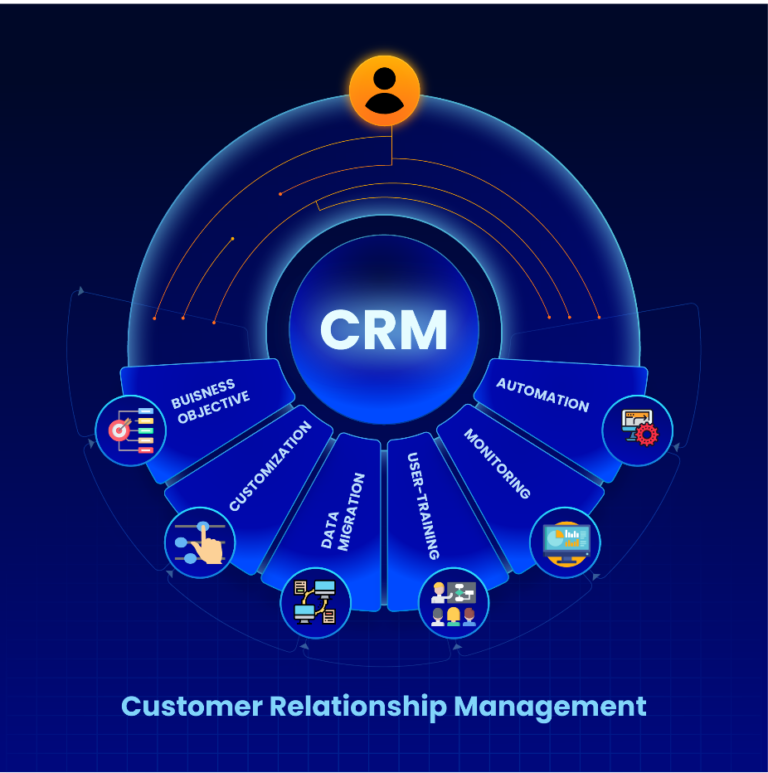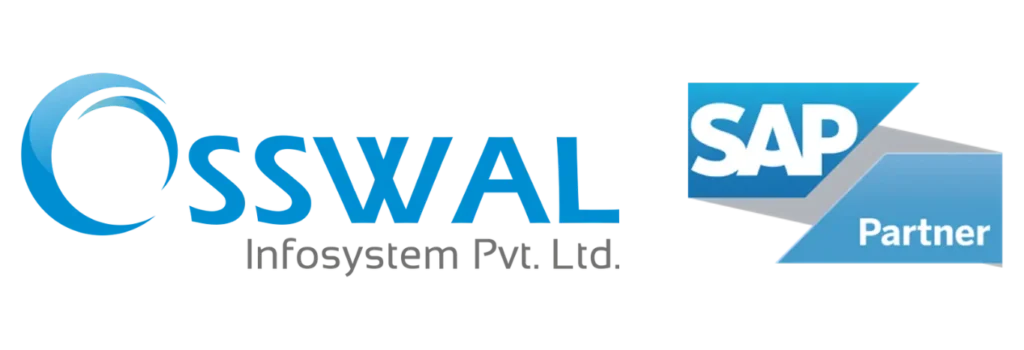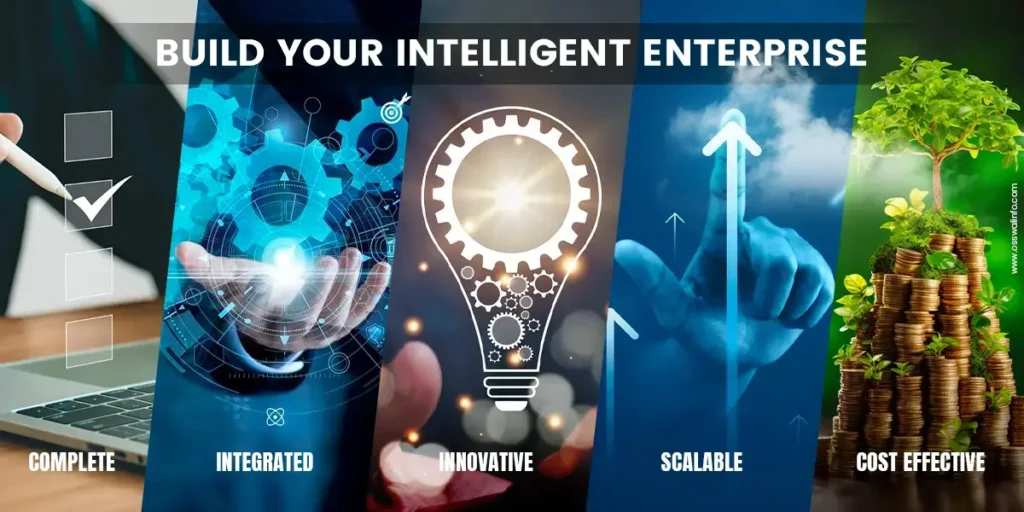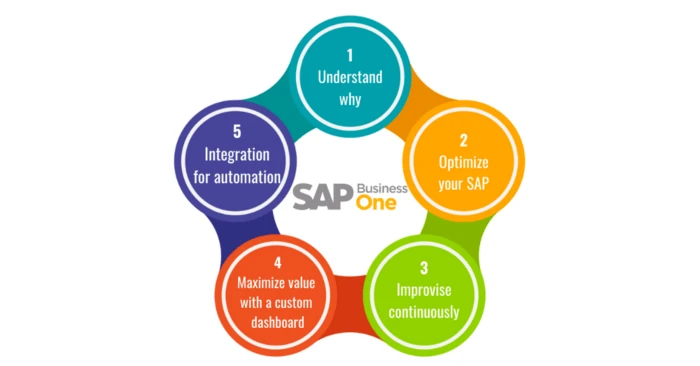Establishing effective customer relationships is important, especially as customers are at the core of every organization’s success strategies. CRMs have developed, and modern business structures now include CRM solutions that embrace cutting-edge technologies. One example that garners a lot of interest is cloud-based CRM, yet its implementation can be challenging.
Implementing a cloud-based Customer Relationship Management (CRM) system can greatly benefit businesses in terms of efficiency, customer satisfaction, and overall growth.
- Define Objectives
It is imperative that your team thoroughly assess and specify the business goals the company intends to accomplish with your CRM system. Then, establish realistic goals and formulate elaborate documentation for them. The documentation must define the goals you wish to accomplish by CRM adoption and include the procedures that will be implemented to attain them. Whether improving customer service, increasing sales, or streamlining processes, having clear objectives will guide your implementation strategy.
When you define goals and objectives in advance, you establish the metrics for measuring progress throughout the project’s lifecycle. However, setting realistic goals is critical to ensuring long-term stability and success.
- Customization and Configuration
Customize the CRM system to match your specific business processes and requirements. Configure workflows, data fields, and user interfaces to optimize usability and efficiency for your team. Integrations with other in-house and third-party systems.
A modern cloud-based CRM may provide multiple benefits, such as:
- Keeping services, software, and data safe on the cloud
- Freeing you from costly and time-intensive software installations
- Automating data entries and service case routing
- Freeing up time and resources to provide more personalized services
- Generating insights and predicting customer behaviours
- Scaling up with the business
However, when faced with multiple compatible options, it is natural for your team to invest in something more complex than required. It is critical to understand the value of simplicity and how the finest CRM for your organization will be a solution that completely suits your specific needs.
- Data Migration and Integration with Existing Systems
Ensure a smooth transition by accurately migrating data from your existing systems to the new CRM platform. Clean up and standardize data to maintain data integrity and prevent duplicates. Integrate the CRM system with other business systems such as marketing automation, ERP, and accounting software to enable seamless data flow and automation of processes.
- User Training and Adoption
returns on investment in cloud-based CRMs are significant. However, if your employees do not use the tool effectively, all results are null and void. Teach your staff how to make the most of the new CRM system.
- Provide comprehensive training to CRM users to ensure they understand how to effectively use the system. Encourage user adoption by highlighting the benefits and demonstrating how it can make their jobs easier and more productive.
- Provide team-specific training; for example, contact segmentation & reporting for the marketing team, data quality best practices for data teams, close rate improvement training for sales teams, and insight extraction from metrics or reports for management teams.
- Offer ongoing support to ensure that employees can utilize the system efficiently. Focus on supporting employees in interpreting the information provided.
- Test the staff on what has been trained and learned. Give periodic retraining and testing to ensure retention.
Implementation of cloud-based CRMs involves change management. Because operations are not conducted the same way as before, your employees must receive specialized training based on their duties within the team.
- Continuous Monitoring and Improvement
Monitor CRM usage, performance, and user input regularly to find potential improvements. Continuously optimize processes and workflows to maximize the value derived from the CRM software.
Sales Performance drives sales growth, identifies sales activity trends, tracks strategy effectiveness, and detects areas that need improvement—for example, sales growth, conversion rate, and sales cycle length.
Customer Engagement assesses the success rates of marketing campaigns and identifies improvement opportunities for better customer engagement—for example, click-through rates, response rates, and open rates.
Customer Satisfaction tracks the effectiveness of the cloud-based CRM in meeting customer expectations and needs—for example, customer retention rates and Net Promoter Scores (NPS).
System Performance detects technical issues and ensures seamless operations—for example, system uptime metrics.
A rules list of the CRM guides everyone to leverage the software ethically and correctly. This will ensure a more unified team and guarantee a smoother transition. Monitoring performance helps you ensure that all business requirements are being met effectively.
- Choose the right CRM vendor
Vendors offering cloud-based CRM have a wide range of solutions available today. How will you then choose which is best for your company?
Finding a CRM app supplier who shares your values and meets your company’s needs is essential to a fruitful, long-lasting collaboration. Partnering with a vendor that does not match your requirements can impact your CRM implementation project.
- Research and evaluate vendors.
- Consider customization and flexibility.
- Evaluate integration capabilities.
- Consider security and data privacy.
- Get references and demonstrations.
Join forces with someone who provides a complete end-to-end solution.

- Automate, Automate, Automate
By automating processes with CRM automation, you can free up your team’s time for high-value work rather than tedious duties. Your sales and support representatives should be free to concentrate on engaging consumers rather than worrying about where to get specific data or what to do next with each customer. The system can and should take care of that for them.
Take It Ahead with OSSWAL!
CRM software and application deployment can still leave you with a nerve-wracking experience. Osswal Infosystem is the No. 1 provider of ERP software in India and will support you as an implementation consultant with a consistent CRM Implementation Plan and detailed guidance.
CRM is an amazing technology altering how businesses interact with customers. A cloud-based CRM offering multiple benefits will not yield beneficial results unless your team is willing to do its part effectively in integrating it into your business optimally. Implementing the best practices can help you make the most out of your customer relationships and translate them into profits in the long run.



